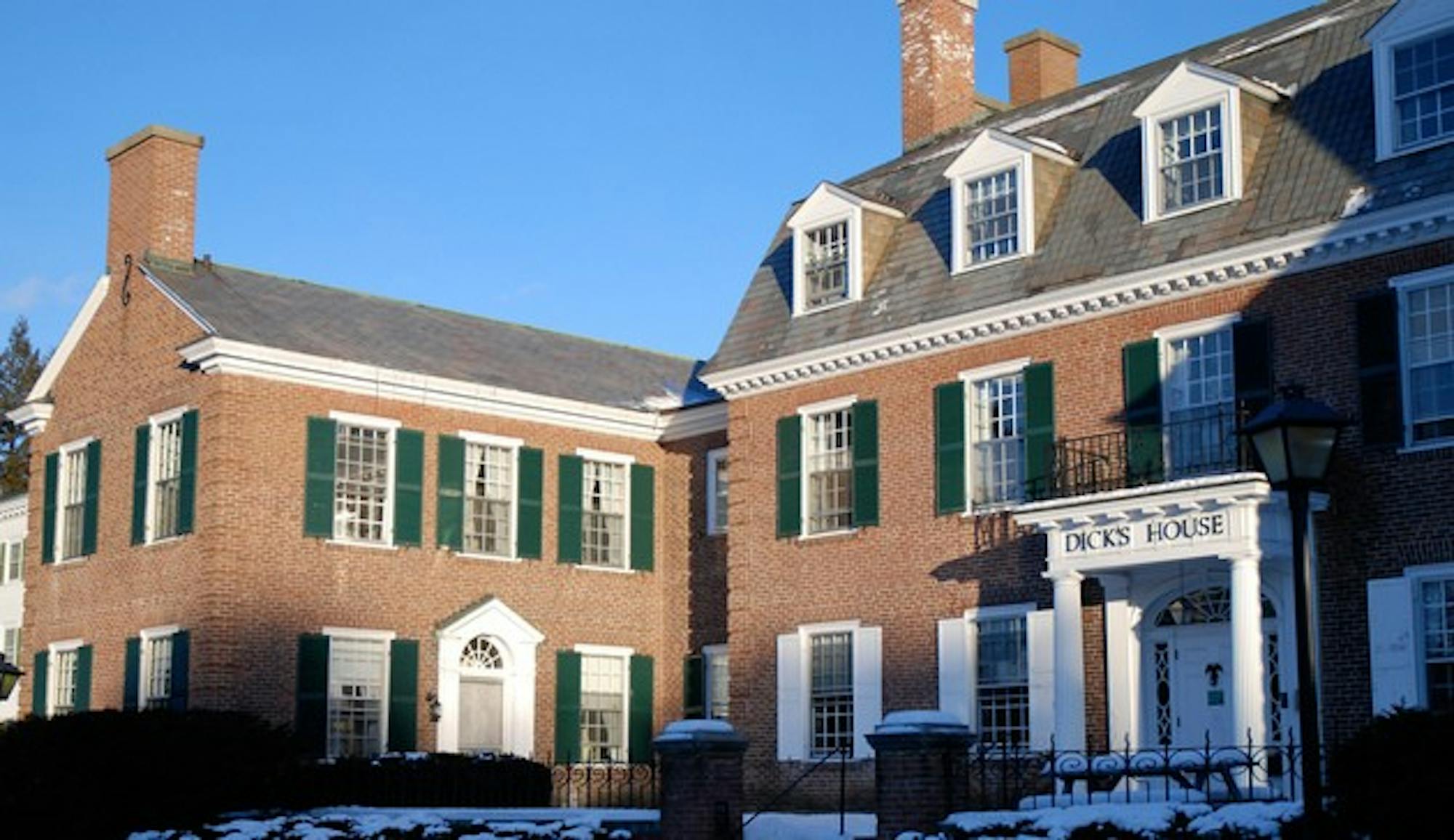Although swine flu was now been found to be relatively mild, the College acted appropriately to combat what could have become a pandemic, Turco said, noting that health officials had no way of knowing 10 days ago how dangerous the virus might be.
"A week and a half ago, we were hearing reports from Mexico that made it appear as if this wasn't your average influenza," he said.
Some students interviewed by The Dartmouth have questioned whether the College overreacted to the threat.
"I have no fear of swine flu," Zachary Lim '11 said in an e-mail. "I personally feel that it is nothing but hype. One is not even likely to die from it unless one has a compromised immune system or the virus mutates."
Turco said that the College's strong reaction was necessary because of the potential for a serious outbreak.
"The last thing you want to do is under-react," he said.
While health officials at colleges and universities across the United States generally did not coordinate their responses with each other, most institutions implemented policies similar to Dartmouth's, Turco said. He noted that he and other College officials have been meeting since the Severe Acute Respiratory syndrome outbreak two-and-a-half years ago to plan responses to health crises.
"We all made decisions independently, but it's remarkable after a week that most everybody I spoke to did pretty much the same thing we did," he said.
There have been confirmed cases of swine flu at several of Dartmouth's peer institutions.
Amherst College in Massachusetts confirmed its third case on May 5, while Harvard University closed its School of Dental Medicine from May 1 through May 6 after three students were confirmed to have the swine flu virus.
No university campuses are currently closed because of the swine flu outbreak, according to the Higher Education H1N1 flu map hosted online by the International Association of Emergency Managers.
Dartmouth's decision to isolate students suspected of carrying the virus and to notify the campus of suspected cases was not unusual. Both Harvard and Amherst took similar steps prior to confirming any cases of swine flu, while Yale University's health service announced last week that it was treating four non-students diagnosed with influenza A, of which the H1N1 -- or swine flu -- strain is a subtype.
Other institutions also curtailed study abroad programs in Mexico.
The University of Minnesota, the University of Pennsylvania and the University of Wisconsin, among others, have either advised students to return home from Mexico or are canceling trips planned for the summer.
Turco noted that the College's emergency planning committee will use information from the swine flu pandemic to "fine-tune" future College policies and contingency planning.
"Sometime in the future there will be another virus and we'll have to do the same thing again," he said.




